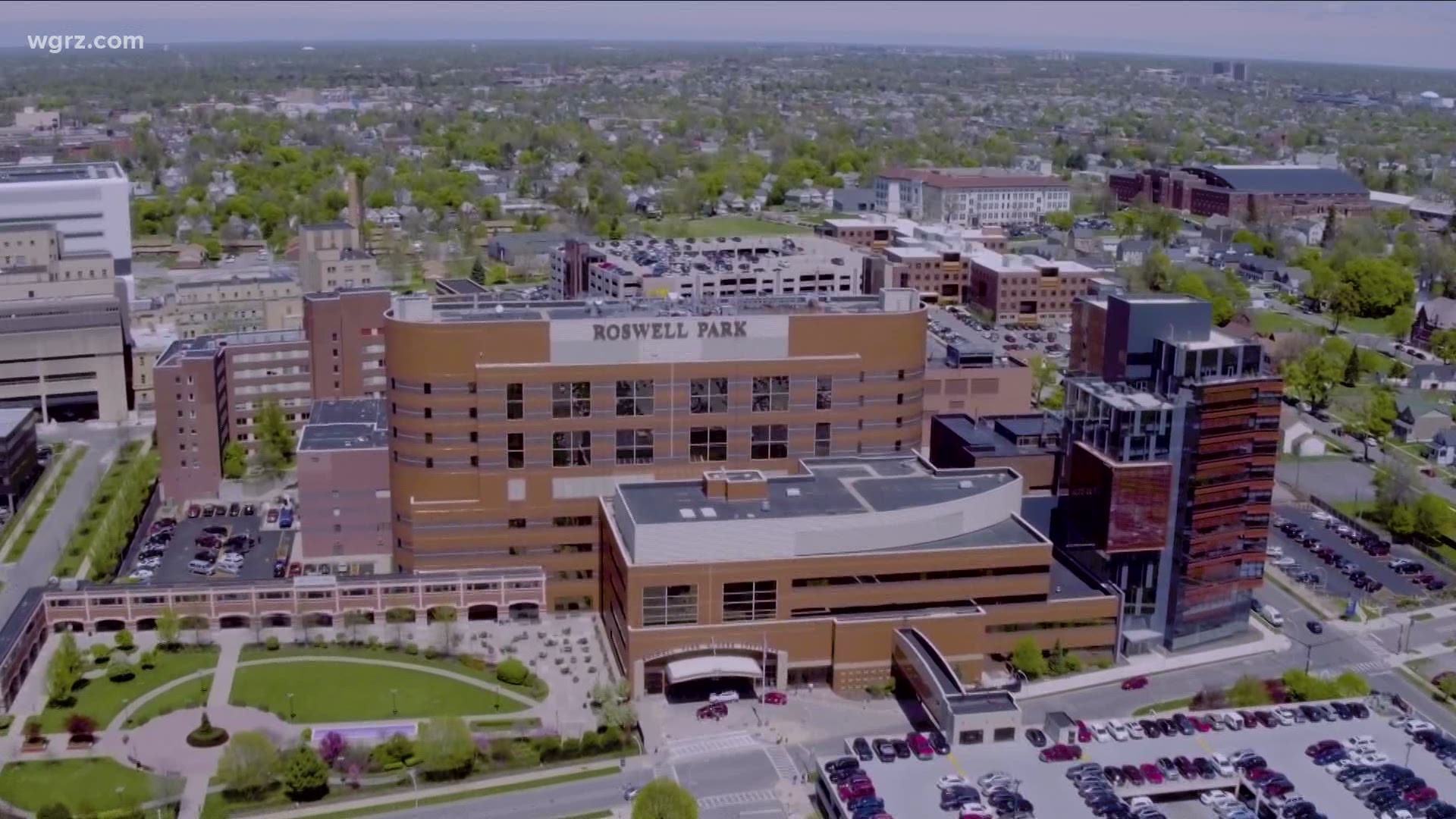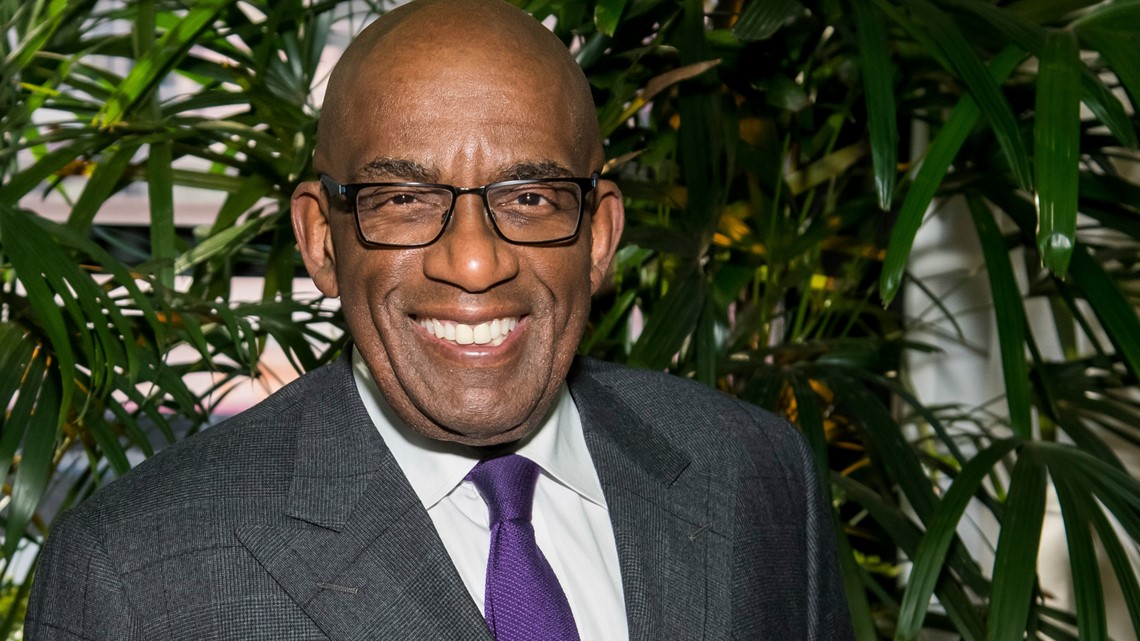BUFFALO, N.Y. — If you were watching the Today Show on Friday morning, you may have seen Al Roker reveal that he has been diagnosed with prostate cancer and will have his prostate removed.
Roker wants to be open about it so more people get screened.
2 On Your Side's Kelly Dudzik spoke with a prostate cancer survivor and two doctors at Roswell on Friday about why it's so important to get screened.
"I was scared, but my health was more important than the fear that I had, so I immediately made an appointment to see my doctor," Richard Satterwhite said.
Satterwhite is a Patient Engagement Specialist at Roswell. He is also a 10-year prostate cancer survivor. Satterwhite is one of the founders of MAN-UP, an outreach group that helps men overcome their fears about prostate cancer.
He was diagnosed when he was only 44.
"This is a disease that does take lives if you don't take it seriously. If you don't take this seriously, and you ignore the symptoms that you are having, it will get worse. OK? And, you get to a place where certain medications will only give you short-term longevity. Catch it early because in most cases if it's caught early, it can be treated, and you'll be able to continue your life," Satterwhite said.
Dr. Gurkamal Chatta from Roswell Park says men should start getting screened for prostate cancer as early as when they turn 40.
"It's kind of dependent on what your risk factors are. So really, what I mean by that is your race, family history, and I think what we kind of recommend is at least people who have high risk or have a lot of risk factors probably age 40, though I guess what's universally recommended is 50," Dr. Chatta said.
"It is something which could be managed very well. A lot of times if it's managed well, and it has good kind of characteristics in the disease, it's almost having a full life expectancy," added Dr. Kurshid Guru, the chair of the urology department at Roswell Park.
Dr. Guru added that he wants to make sure people still get screened during the pandemic.
"It's not a regular disease where you can see, or if something which is not very important or time sensitive, that you say, OK, I won't get it done now. I'll get it done in a year. This could mean a big difference in survival, so people have to understand that they have to see the doctor for cancer-related, or diagnosis of, symptoms, or a workup of symptoms that might be cancerous," Dr. Guru said.
Added Satterwhite: "It's about trying to educate men that the earlier you get in, the more aggressive you are as far as taking care of your health, it's not just about you. It's about those who also love and support you. The easier it is to deal with anything that may pop up, but you have to take care of yourself. You have to man up."
MAN-UP is having a virtual event November 14 with all kinds of health experts and information.
Also, join us Tuesday at 6 p.m. for a special report about how screening for one of the most common types of cancer has gotten a lot less invasive. Many of those screenings are available at Roswell Park.


